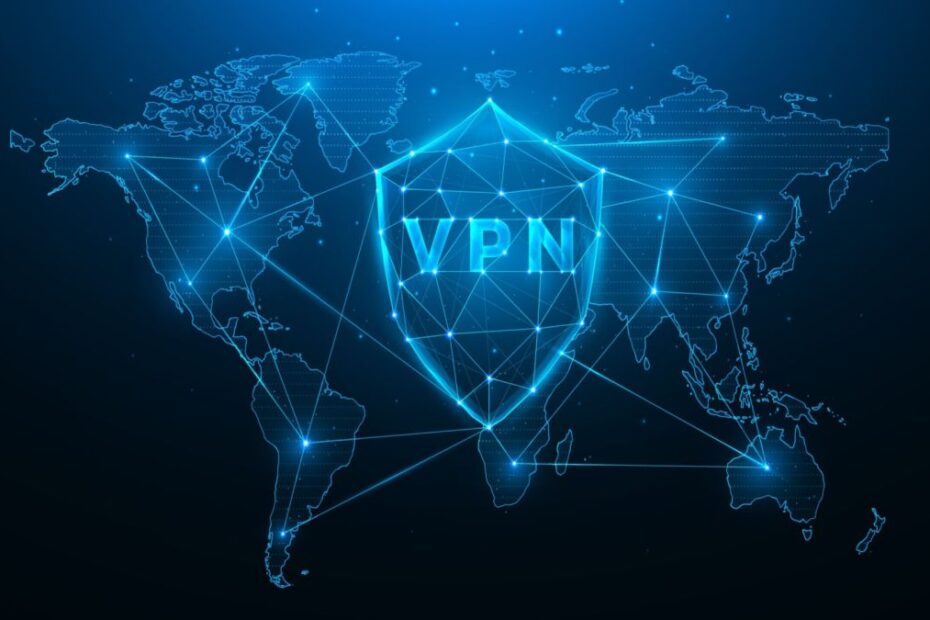With distant and hybrid work turning into a standard follow, corporations are relying increasingly more on one of the best VPN companies to guard their community.
At the identical time, assaults concentrating on enterprise VPNs seem like worryingly on the rise.
“Cybercriminals proceed to benefit from long-standing safety vulnerabilities and elevated assaults on VPNs,” learn a brand new report carried on by cloud safety firm Zscalert.
For this reason, 65% of the businesses surveyed are contemplating adopting VPN alternate options based mostly on a Zero Belief mannequin.
44% of the respondents see a surge in VPN assaults
“As evident in several excessive profile breaches and ransomware assaults, VPNs proceed to be one of many weakest hyperlinks in cybersecurity. Their structure deficiencies present an entry-level to menace actors and supply them a chance to manoeuvre laterally and steal information,” mentioned Deepen Desai, World CISO of Zscaler.
For the 2022 VPN Risks report the safety firm surveyed 350 IT professionals throughout North American companies.
Practically half of the respondents (44%) mentioned having witnessed a surge in exploits towards their VPNs because of the shift to distant and hybrid work.
Among the many most regarding kinds of cyberattacks, there is ransomware (78%), social engineering (70%), malware (66%), net purposes (49%) and DDoS assaults (45%).
Below this mild, the good majority of corporations are involved that using VPN companies may compromise the safety of their IT community.
For this reason, around three out of 5 corporations surveyed mentioned that they’re contemplating switching to VPN alternate options, with 80% of these actively working in direction of a Zero Belief safety mannequin.
What’s Zero Belief?
The Zero Belief mannequin is a safety technique based mostly on the truth that implicit belief can’t be granted to any person, system or net app. Not like a VPN-based safety infrastructure, all of the exchanges of information are right here handled as probably hostile.
It’s based mostly on three core rules. The primary is to all the time confirm, authenticate and authorize each connection try always.
Then, for minimizing the dangers, any customers or purposes ought to have solely the minimal entry required to carry out their job successfully.
Lastly, a Zero Belief structure is inbuilt as a method in position to shrink the affected zone as a lot as attainable in case of assaults and/or breaches.
“To safeguard towards the evolving menace panorama, organizations should use a Zero Belief structure that, not like VPN, doesn’t deliver the customers on the identical community as business-critical info, prevents lateral motion with user-app segmentation, minimizes the assault floor, and delivers full TLS inspection to stop compromise and information loss,” mentioned Desai.
[ad_2]
